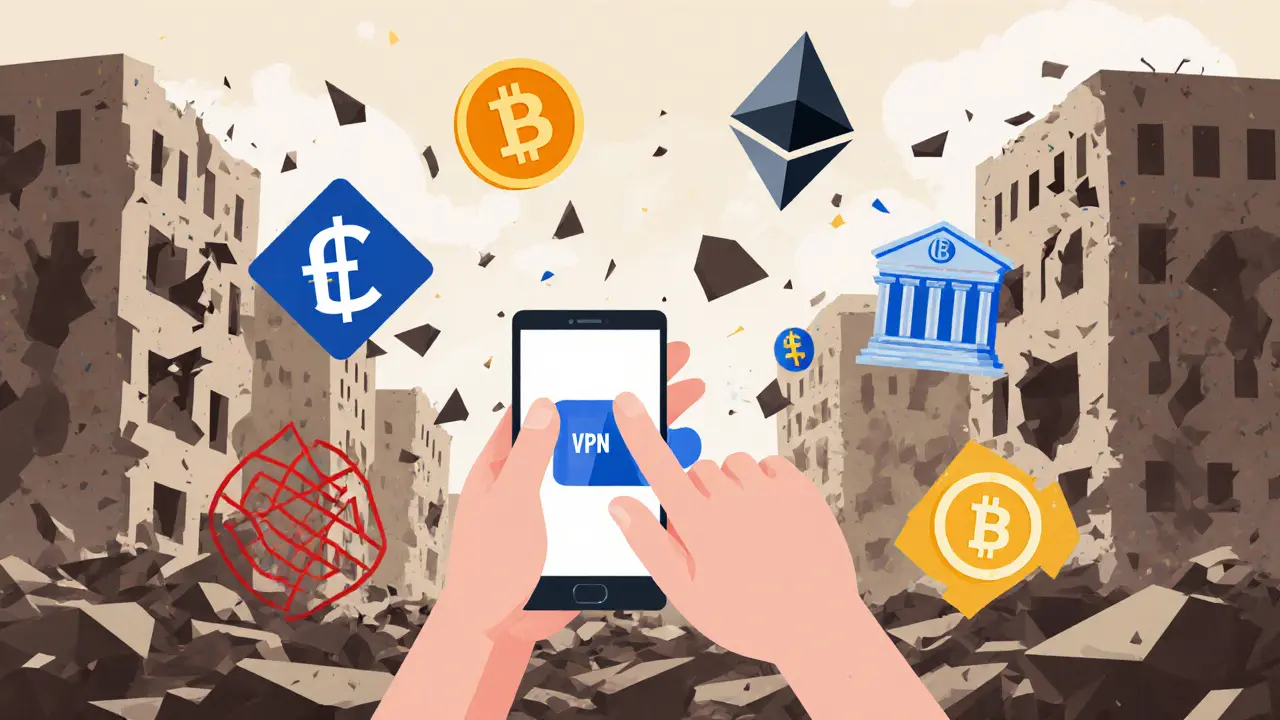Crypto Exchanges: How to Choose, Avoid Scams, and Trade Smart
When you buy or sell cryptocurrency, you’re using a crypto exchange, a platform that lets you trade digital assets like Bitcoin, Ethereum, or altcoins for other currencies or tokens. Also known as cryptocurrency trading platform, it’s the bridge between your wallet and the market—whether you’re swapping tokens, earning yield, or just holding for the long term. But not all exchanges are built the same. Some charge near-zero fees like Coinlim, while others lock you into complex rules like South Korea’s licensed exchanges. Some let you deposit fiat, others only work if you already own crypto. And some, like JPEX, turn out to be outright scams.
What you need to know isn’t just which exchange has the most coins—it’s about exchange security, how well a platform protects your funds from hacks, insider theft, or regulatory crackdowns. HTX (formerly Huobi) has over 900 trading pairs and low fees, but it’s had past security issues. Meanwhile, Taiwan’s FSC demands strict asset segregation and AML checks—making it one of the safest places to trade, even if it’s tightly controlled. In Russia, only compliant platforms survive; Garantex and Grinex got shut down for violating sanctions. And in China? Mining and trading are both banned outright. The rules change by country, and your exchange choice should match your location, risk tolerance, and goals.
Then there’s crypto exchange fees, the hidden cost that eats into your profits whether you’re trading daily or holding long-term. Coinlim’s 0.10% fee looks great—if you don’t need to deposit cash. But if you’re buying with a credit card on Binance, you’ll pay way more. Some platforms, like HTX, give you discounts if you hold their native token. Others hide fees in spread or withdrawal charges. And don’t forget: if an exchange doesn’t allow fiat deposits, you’ll need another platform to cash in first. That’s not a feature—it’s a friction point.
Regulations, security, fees, and usability all tie together. A platform might have the lowest fees, but if it’s banned in your country or lacks real-name verification, it’s not worth the risk. You might think you’re getting a deal, but scams like fake airdrops or unlicensed platforms often hide behind slick websites. The best exchanges don’t just list tokens—they verify them, protect your funds, and follow the law. What you’ll find below isn’t a list of the "top 10"—it’s a real-world breakdown of what actually matters: which exchanges work, which ones don’t, and why some are safe while others vanish overnight.
How Citizens in Sanctioned Countries Access Crypto Exchanges
Citizens in sanctioned countries use Bitcoin, Ethereum, and decentralized stablecoins to bypass financial restrictions. Despite OFAC crackdowns, they adapt with DEXs, P2P trading, and wallet rotation to keep access to global finance.
learn more